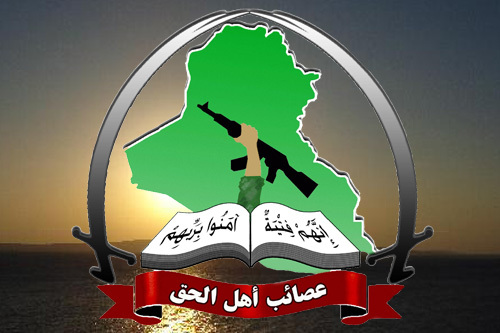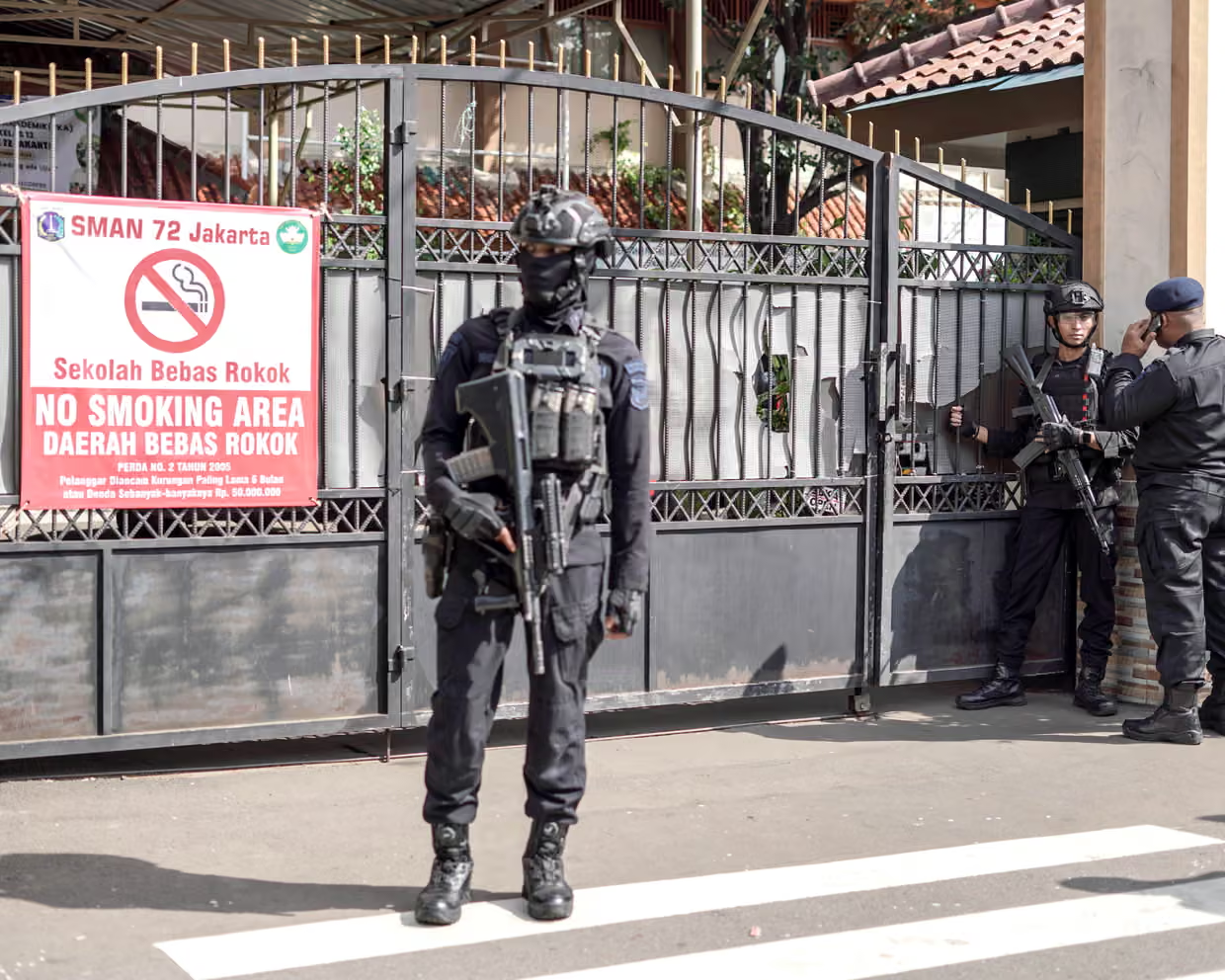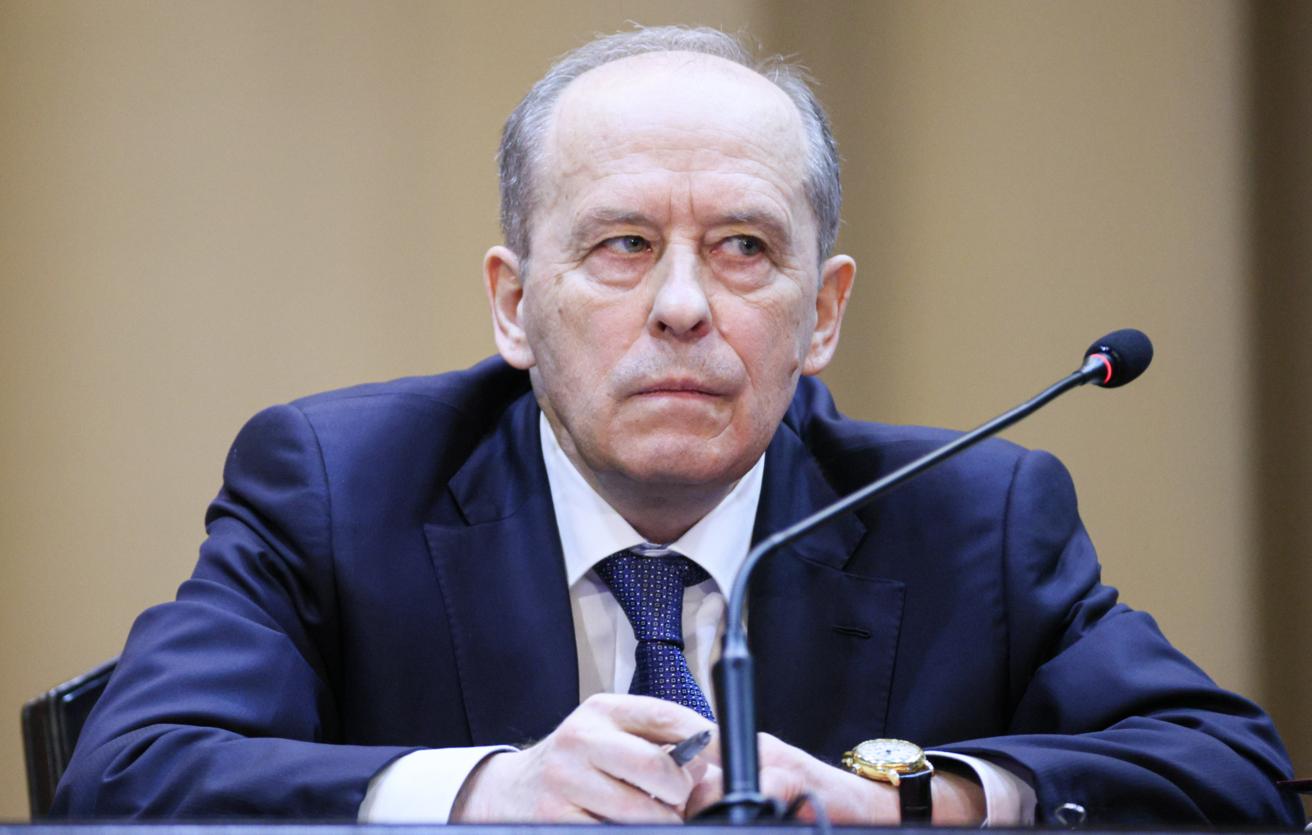
Iraqi Shi’a Militia Asa’ib Ahl al-Haq Expands Operations to Syria
Iraqi Shi’a Militia Asa’ib Ahl al-Haq Expands Operations to Syria
A suicide bombing struck an election rally in Baghdad that was being held by the Iranian-backed Iraqi Shi’a militia group and political party Asa’ib Ahl al-Haq (AAH – League of the Righteous) on April 26, killing 37 people (al-Jazeera, April 25; for AAH, see Terrorism Monitor, February 12, 2010). The militant Salafist organization Dawlat al-Islamiya fi Iraq wa’l-Sham (Islamic State of Iraq and Syria – ISIS) claimed credit for the attack in retaliation for what it claimed was AAH’s role in targeting, displacing and killing Sunnis in Iraq and the group’s support of Bashar al-Assad’s war effort in Syria (al-Sharq al-Awsat, April 27). AAH’s military involvement in Syria and its growing role as a sectarian-driven militia operating semi-officially within Iraq’s military and security forces makes the group an important participant in the Syrian civil war and the Iraqi conflict.
AAH, led by the increasingly powerful Shi’a political figure Qais Khazali, is a breakaway faction of the Shi’a Sadrist Movement and has formed its own political bloc, al-Sadiqun (The Honest Ones), which ran in alliance with Iraqi Prime Minister Nuri al-Maliki’s Dawlat al-Qanoon (State of Law) coalition in the April 30 parliamentary elections. The group’s militant wing is reported to be extensively trained, funded and supervised by the Iranian Republican Guard Corps (IRGC) (Al-Monitor, July 23, 2013; AP, January 9, 2012). Enjoying the personal patronage of IRGC commander Qassam Solaimani, AAH emerged as one of the most effective militant groups fighting against Coalition forces in Iraq and is considered one of the most important foreign Shi’a jihadist organizations fighting for the Assad government against the armed opposition in the Syrian civil war (al-Sharq al-Awsat, April 14; Guardian, March 12; Al-Monitor, July 23, 2013). Ten of the AAH members killed at the April 26 election rally were veterans of the group’s war effort in Syria (al-Sharq al-Awsat, April 27). AAH officials publicly acknowledge their role in the Syrian fighting, even if only in a limited and altruistic capacity. Speaking to the Arab media in April, AAH spokesman Ahmad Kanani, asserted these points and announced:
Asa’ib Ahl al-Haq has already stated that its official position is to defend the holy sites of Islam, which is the sacred duty of every Muslim, Sunni and Shi’a. Attacks on the holy shrines could trigger sectarian strife, which would bring about reprisals, as happened in Iraq with the destruction of the Askari Mosque, which led to sectarian strife. Therefore we are trying to spare the region this conflict by defending the [Damascus] Shrine of Sayida Zaynab and thus avoid the need for targeted reprisals (al-Sharq al-Awsat, April 14).
Nuri al-Maliki’s political opponents, including Muqtada al-Sadr and members of the Ayad Allawi-led al-Iraqiya coalition, assert that al-Maliki is allowing sectarian militias to infiltrate and supplant the Iraqi security services. Shi’a fighters from AAH and Jaysh al-Mukhtar are reported to have been recruited into a special paramilitary force named the “Sons of Iraq,” which is nominally tasked with conducting operations against ISIS militants in and around Baghdad. This new force is composed of committed Shi’a jihadists and is believed to be directly under the command of al-Maliki himself (Reuters, April 27).
In May 2013, during a period of widespread protests inside Iraq against the policies of the Maliki government, al-Iraqiya released a statement accusing the Maliki government of deploying well-armed Shi’a sectarian militias, including fighters belonging to AAH and Jaysh al-Mukhtar (a.k.a. Kata’ib Hezbollah), and allowing them to fire on and kill scores of peaceful demonstrators in cities throughout Iraq (Mada Press [Baghdad], May 8, 2013).
During this same period, it was also reported that paramilitary fighters belonging to AAH were operating in lieu of the Iraqi police in Anbar governorate and making arrests of al-Iraqiya aligned officials (al-Gharbiya TV [Baghdad], May 8, 2013). Following the protests, AAH fighters, including some wearing official Iraqi security force uniforms, were deployed widely across Baghdad and its suburbs (Al-Monitor, May 29, 2013). Muqtada al-Sadr warned the Maliki government to withdraw AAH fighters from Baghdad, stating that they were “committing criminal acts” (Mada Press [Baghdad], May 28).
The Iraqi security forces’ use of sectarian militias such as AAH and Jaysh al-Mukhtar is believed to be particularly pronounced in and around Baghdad, including the central-eastern governorate of Diyala which borders Iran and the Baghdad governorate. Sectarian fighting in Diyala has recently been blamed on ISIS by the Maliki government, prompting the deployment of a significant Iraqi security force presence there (Reuters, April 27). On March 24, the mayor of Baquba, the capital of Diyala governorate, stated that forces seeking out ISIS fighters under the authority of the Ministry of the Interior, but composed of members of AAH, cordoned off the central market in the nearby town of Buhriz and killed 23 civilians (al-Sabeel [Baghdad], March 25). Eyewitness accounts of the killings assert that many of the dead were summarily executed (Reuters, April 27).
AAH fighters operating within the Iraqi military and security forces have increased their activities since the beginning of the armed uprising against the Maliki government in Anbar governorate in late December 2013. These activities are stated to be carried out with sectarian prejudice, similar to what AAH is reported to have executed in Diyala governorate (Ahrar News Agency [Baghdad], February 12). Recently, AAH acknowledged its auxiliary role in the Anbar fighting by burying a member of its military wing who had been killed in the governorate (al-Taghier TV [Baghdad], May 10). AAH fighters that had been deployed to fight in Syria around the Sayida Zainab shrine and are currently fighting in Anbar are reported to be appearing in popular music videos being distributed by the organization (al-Gharbiya [Baghdad], May 5).
The group’s fighters are also reported to be conducting purges of anti-Maliki, Sunni Arab tribesmen from areas in and around Iraq’s southern coastal city of Basra in order to secure that area’s Shi’a sectarian majority (Radikal [Istanbul], November 6, 2013).
Political opposition to the AAH, including within the Iraqi Shi’a community, has been growing. Muqtada al-Sadr, lately positioning himself as an Arab Iraqi nationalist rather than a Shi’a political figure, has been a particularly harsh critic of both AAH’s military wing and its role in supporting the security forces of the Maliki government. Al-Sadr once referred to AAH members as “killers that are neither devout nor have religion” (Iraq4All News [Baghdad], December 27, 2011). Recently, al-Sadr stated that a significant number of former AAH members were returning to his political movement and referred to the remaining, pro-Maliki AAH fighters as a “sponsored militia” (al-Sharq al-Awsat, October 18, 2013). Armed clashes between al-Sadr’s supporters in the Jaysh al-Mahdi (Mahdi Army) and AAH fighters have sporadically flared up in Shi’a-majority neighborhoods in and around Baghdad, precipitated by the ongoing political disagreements between the two movements’ leaders and conflicts caused by inter-tribal animosities (Al-Monitor, August 28, 2013).
Although there is internal opposition to AAH within Iraq, the organization’s ties to the IRGC and the close contact it has with the Iraqi security forces complicate efforts to reduce its influence. AAH’s military role in Iraq is a destabilizing element in the ongoing conflict. The movement’s role as an important auxiliary to the Syrian military in the fight to protect Damascus from the Syrian armed opposition is used as justification for ISIS attacks against the organization and its civilian supporters. Opposition to AAH is tempered, however, by the ongoing concerns within the Iraqi Shi’a community over the suicide bombing campaign launched against Shi’a-majority areas throughout the country. AAH’s military wing is perceived as a deterrent against ISIS attacks and its active role in the Anbar and Diyala sectarian conflicts will continue to be a trigger of communal conflict in Iraq.
Nicholas A. Heras is an independent analyst and consultant on Middle East issues and a former David L. Boren Fellow.


